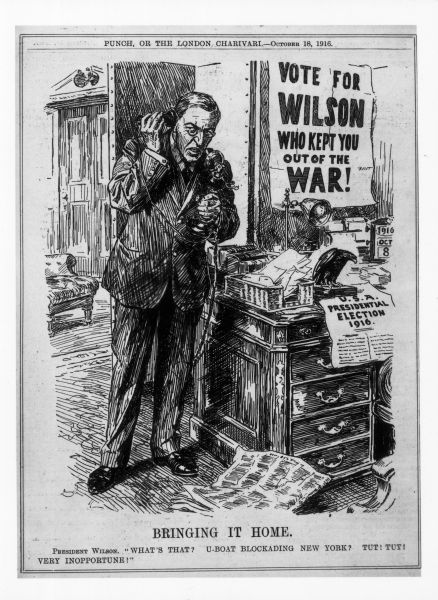SsgtC
Banned
No, you're probably right. I'm just trying to think of a semi plausible way to give TR a reason to join the war. As for Germany sinking American merchantman, a few months ago, I would have disagreed with you. But now, I think you're 100% correct that it's unlikely Germany would have risked it with TR in office. Unlike Wilson, the Germans had a massive amount of respect for Teddy. With Roosevelt in the Oval Office, I think Germany would be going out of their way to avoid provoking the United States. They actually may even decide against torpedoing the Lusitania. The more I've researched TR for my own timeline, the more convinced I am that he would be doing everything he could too broker a diplomatic solution to the war in Europe. Because if stopping a way between Russia and Japan won him the Nobel Peace Prize, imagine the kind of accolades stopping The Great War would earn him.Yet even British merchant captains were initially opposed to the idea, despite far more British ships being sunk than American. Indeed, U-boat sinkings of US ships were extremely rare prior to 1917, only three in 1915 and another three in 1916 - and, given that the Germans are likely to be more cautious in dealing with TR than with Wilson, even these may not happen TTL. So US shippers have little reason to feel endangered.
Incidentally, do you know of any instance pre-1917 where TR ever advocated convoying?
More generally, I'm highly sceptical that a TR in office would even be trying anything of this nature. This TR has not been driven round the twist by having to watch events from the sidelines. Given once more the responsibilities of the Presidency, he is likely to resemble the much saner TR of 1901-09. He probably believes that sooner or later the Germans will force the US into war, but he has no particular reason to hurry it along. Why should he expose himself to the accusation of rushing the country into war just to improve his own chances of another term? He can perfectly well afford to wait, given that it is still conventional wisdom that the Entente are winning anyway.
